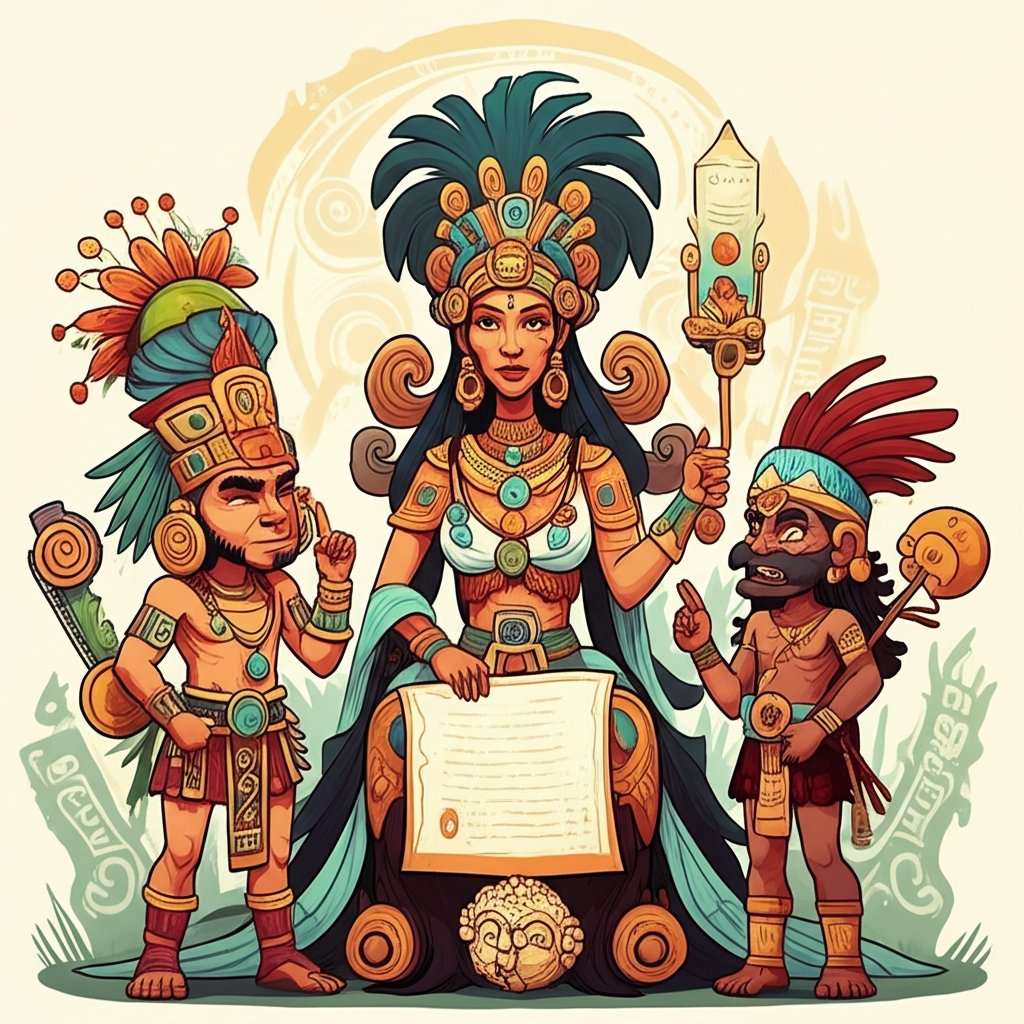
The scorching sun beat down upon the vast expanse of the Arabian desert, a landscape both magnificent and unforgiving. Here, under skies that stretched from horizon to horizon, ancient peoples spun tales that mirrored the stark beauty and profound mysteries of their world. From the fertile crescent that cradled Mesopotamia to the shifting sands of Arabia, a rich tapestry of mythology and folklore bloomed, woven from the threads of daily life, natural phenomena, and the enduring human quest for understanding. Among these captivating narratives, one story, whispered through generations, speaks of the "City of Brass" and its prophesied connection to Baghdad, a legend that offers a glimpse into the imaginative world of its creators.
This is not a tale of historical fact, nor is it a testament to divine power. Instead, it is a vibrant fragment of traditional storytelling, a legacy passed down by ancient people who sought to explain the inexplicable and imbue their existence with wonder. It speaks to a time when the world was perceived as a place teeming with hidden forces, where the tangible and the supernatural often blurred, and where the desert itself held secrets as vast as its dunes.
The era in which such tales likely found their roots was one deeply intertwined with the rhythms of nature. Societies were often agrarian or nomadic, their lives dictated by the cycles of the seasons, the movements of the stars, and the unpredictable nature of the elements. The desert, with its shimmering mirages, its sudden sandstorms, and its hidden oases, was a powerful force, capable of both sustaining life and claiming it. In this environment, the supernatural was not an abstract concept but an ever-present reality. Spirits, djinn, and mythical creatures were believed to inhabit the desolate plains and the deep wells, their actions influencing the fortunes of humankind. The world was a vast, animated stage where the divine and the earthly danced in a perpetual, often precarious, balance.
Central to the legend of the City of Brass is the concept of its formidable guardian or inhabitants. While specific descriptions vary across different retellings, the City of Brass is often depicted as a magnificent, yet dangerous, metropolis, constructed entirely from the gleaming metal. It is not a place of simple artistry; rather, the brass signifies immense wealth, power, and an almost unnatural resilience. Within its walls, legend might speak of beings who possessed extraordinary abilities, perhaps Djinn of immense stature and formidable will, or cunning sorcerers who commanded arcane powers. These beings were not necessarily benevolent. Their presence often served as a symbol of insurmountable obstacles, of treasures guarded by fearsome sentinels, and of the inherent dangers that lie in pursuing forbidden knowledge or immense riches. Their symbolic attributes often represented the raw power of elemental forces, the allure of forbidden knowledge, or the ultimate test of courage and wit. The brass itself could symbolize an unyielding will, a brilliant but cold perfection, or the very essence of the earth’s hidden wealth, forged into an unassailable fortress.
The narrative of the City of Brass and its prophecy concerning Baghdad often unfolds as an epic quest. It is said that far to the west, beyond the known lands, lay this wondrous city, shimmering like a mirage in the desert heat. It was a place of legendary treasures, but also of perilous guardians. The story would then introduce a valiant hero, often a prince or a renowned warrior from Baghdad, who, driven by ambition, curiosity, or a divine calling, embarks on a journey to find this mythical metropolis.
The journey itself would be fraught with danger. The hero would navigate treacherous deserts, outwit cunning spirits, and overcome formidable beasts. Upon reaching the City of Brass, the hero would be met with its awe-inspiring architecture and the chilling presence of its guardians. The "prophecy" element might manifest in several ways. Perhaps an ancient inscription within the city foretold of a visitor from a distant land – Baghdad – who would either conquer its defenses, unlock its secrets, or even become its rightful ruler. Or, the prophecy might be a warning: that the city’s treasures were cursed, and that Baghdad itself would face a great trial if its inhabitants dared to disturb its slumber.
The hero’s encounter with the city would be a test of their character and resolve. They might engage in epic battles against brass automatons or outwit Djinn in riddles of immense complexity. The outcome would depend on the version of the tale, but often the hero, through bravery, cleverness, or perhaps even a moment of unexpected compassion, would succeed in their endeavor. They might return to Baghdad laden with riches, bearing newfound wisdom, or having averted a foreseen catastrophe. The narrative would emphasize the grandiosity of the quest, the immense challenges faced, and the extraordinary nature of the City of Brass and its inhabitants, all framed as a captivating adventure rather than a literal account.
The symbolism woven into this myth is rich and multifaceted. The City of Brass could represent the ultimate aspiration of human endeavor – immense wealth, power, and knowledge, all contained within a seemingly perfect but ultimately inaccessible structure. Its guardians could symbolize the inherent difficulties and moral compromises that often accompany the pursuit of such ambitions. The desert itself, a recurring element, often signifies spiritual testing, the stripping away of superficiality, and the uncovering of deeper truths. The prophecy linking it to Baghdad might have spoken to the city’s own burgeoning importance and its potential for both great glory and significant peril. It could be interpreted as a cautionary tale about the allure of the unknown and the consequences of unchecked ambition, or as a narrative of destiny, suggesting that even the most fantastical realms are somehow connected to the human world and its unfolding history.
In the modern world, the legend of the City of Brass continues to resonate, albeit in different forms. It has been a source of inspiration for countless works of literature, particularly in the realms of fantasy and adventure. Authors have reimagined its inhabitants, its architecture, and its mysteries, weaving these elements into their own imaginative worlds. In video games, the concept of a legendary, treasure-filled city guarded by powerful beings is a recurring trope, offering players challenging quests and epic boss battles. Furthermore, cultural studies scholars analyze such myths as valuable windows into the belief systems, anxieties, and aspirations of ancient societies. They are examined for their insights into human psychology, societal structures, and the universal human drive to create meaning through storytelling.
As we reflect on the legend of the City of Brass and its prophecy of Baghdad, it is crucial to remember its place as a traditional story, a product of human imagination and a testament to the enduring power of oral tradition. It is a narrative passed down through generations, a cultural artifact that offers a glimpse into the worldview of those who first conceived it. As Muslims, we recognize that only Allah (God) is the true Creator and Sustainer of all existence. These ancient stories, while fascinating and culturally significant, are not to be mistaken for divine revelation or factual accounts. They are echoes of a time when the human mind grappled with the vastness of the universe and the mysteries of life, weaving tales that continue to capture our imagination and remind us of the rich tapestry of human cultural heritage. The whispers of the sand, carrying these ancient narratives, remind us of the power of storytelling to connect us to our past, to explore the depths of human creativity, and to appreciate the enduring legacy of our shared cultural heritage.





